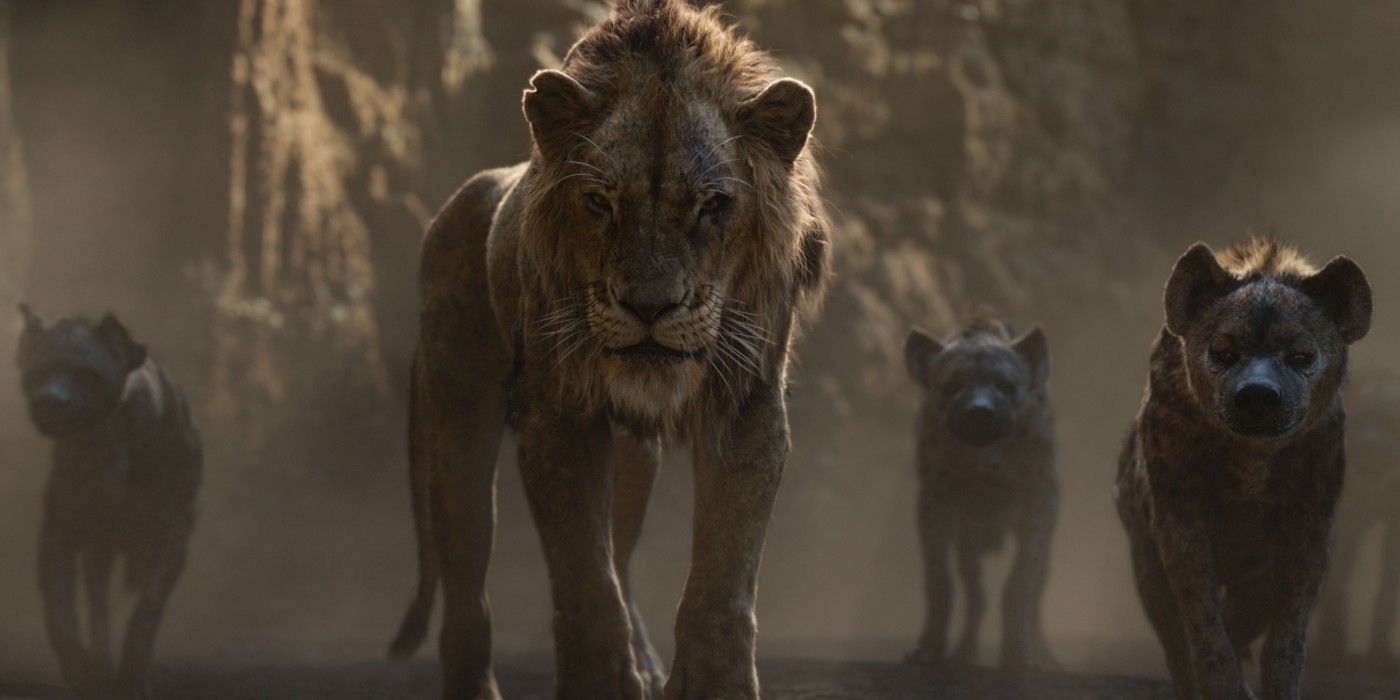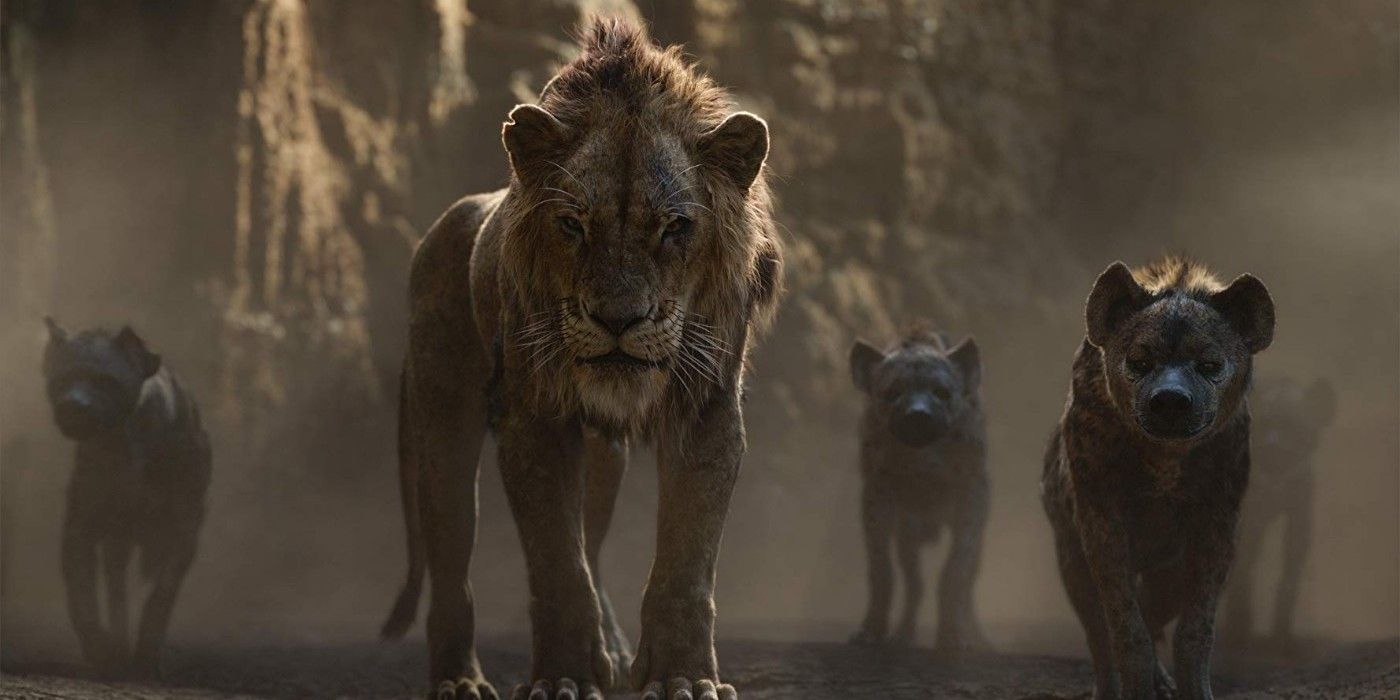Alfre Woodard and Chiwetel Ejiofor breathe life into The Lion King, which hit theaters this week, by voicing some of the most important members of Simba's pack. Woodard commanded respect as the Queen of Pride Rock, Sarabi, while Ejiofor brought chills with his interpretation of Scar. The two renowned actors sat down with Screen Rant to discuss their fond memories of the animated classic, as well as the creative process for Disney's latest reimagining.
I love watching a movie that brings a smile to my face, like ear to ear. And this is my childhood nostalgia, this was such an amazing job you guys did. But talk to me, what were some of your favorite scenes from the original Lion King?
Alfre Woodard: When Rafiki holds up the new baby Simba, and everybody bows down. I like that. That one first, but a lot of them.
Chiwetel Ejiofor: Yeah, I love the one that you were talking about earlier. The transition shot as Simba becomes an adult – a young adult. It’s just that kind of “Hakuna Matata,” amazing.
The Lion King, even though it’s with animals, it’s very Shakespearean in nature about a prince coming into power. How did you guys relate to the humanistic side of that?
Alfre Woodard: [It] absolutely informed [us]. You know, a well-told story with characters that are very specifically drawn, it doesn’t matter whether it’s an animal, a human being from a different culture, or an alien. Immediately, it becomes a universal human experience.
I gotta ask. Is Scar 100% the villain? In what ways can Scar be right in this situation?
Chiwetel Ejiofor: Interesting. I think he is 100% the villain. I didn’t think there was any doubt about that. I do think there is room to have, if not sympathy for Scar, empathy. I think that a lot of people deal with – in fact, all people deal with – these ideas of status and power. Feeling power, feeling status; a need for status, a need for power. I think that most of us, even though we all require it to some degree, can keep a kind of lid on how much. We can use the good parts of that. Even though they are sort of negative words, they are beneficial.
Some people, however, can’t [gauge that]. They feel like they have to. They have a consuming need for power and especially for status – a total addiction to status. And we all have to deal with people like that, because invariably people who are obsessed with status do rise up into these kind of leadership positions. That is the nature pf Scar. So, in a way it’s something we all kind of relate to, and we all think about, and it’s a part of all of our lives. In that sense, I think we can have some empathy and understanding of Scar – not that we actually sympathize with Scar.
Now I want to talk a little bit about the process of doing this film, because Jon obviously did great on The Jungle Book and knocked The Lion King out of the park. So talk to me about the voice acting process. Is it the same as traditional voice acting would be, or is it a little bit different? Mainly due to the CG and everything else, it’s kind of involved.
Alfre Woodard: The way Jon and I worked was much more traditional voiceover work. Just in terms of the fact that I was alone. But I think you [Chiwetel] talk, because you had a different experience – I think it’s a new day experience.
Chiwetel Ejiofor: Well, I just had a variety of experiences with it. I did some of the voice work alone with Jon, and then I did some work with Donald, in the room together just doing stuff and doing the scenes together. Then with Florence, the same thing, which was kind of great. Because it took up about a year, and the process of coming back and forth – the development would be at different stages. The first time I was doing stuff, it was just the script. And the next time there’s a couple drawings, and then the next time there was something up on the screen.
So, there was a sense of being part of the process and seeing that process as you’re doing it. Then there were full renderings, with them some sketches and then back to full renderings. Then getting an understanding of it all as you’re doing it allowed you to re-inform the character because you had much more awareness of the visual look that they were going for, that they were going to achieve.



